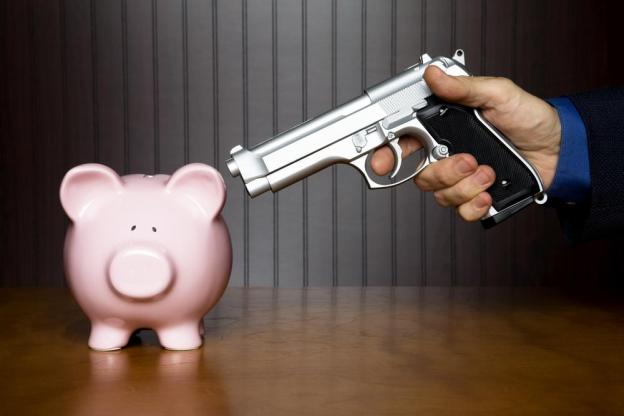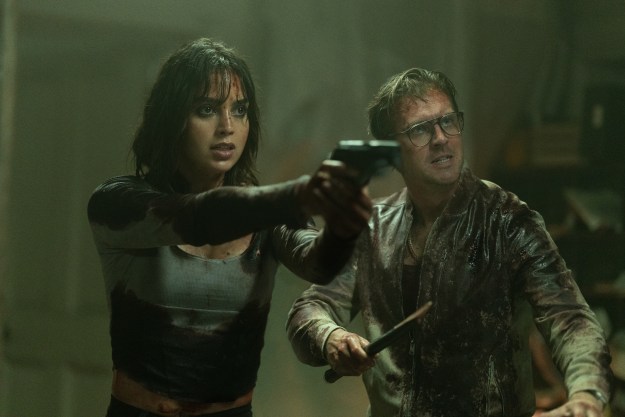
Since the invention of Napster in 1999, and the online file-sharing boom that followed, the entertainment industry has spent countless millions attempting to convince the public that illegally downloading music or videos from the Internet is tantamount to sticking a gun in a person’s face and demanding his wallet. “Content theft,” they say, is just as bad as any other type of “stealing.” But according to Stuart P. Green, a Rutgers Law School professor and expert on theft law, copyright infringement isn’t really “stealing” at all.
The crux of Green’s argument — which mimics that of many who have discussed this issue with any amount of critical thinking in the past — is that, in order to actually “steal” something, you must deprive the owner of whatever that thing is. If you take my bicycle, then you have it, and I don’t. But if you download a song off The Pirate Bay, you’ve simply made a copy — now there are two bicycles. (Or thousands or millions.)
“If Cyber Bob illegally downloads Digital Joe’s song from the Internet, it’s crucial to recognize that, in most cases, Joe hasn’t lost anything,” writes Green in an op-ed for The New York Times. “Yes, one might try to argue that people who use intellectual property without paying for it steal the money they would have owed had they bought it lawfully. But there are two basic problems with this contention. First, we ordinarily can’t know whether the downloader would have paid the purchase price had he not misappropriated the property. Second, the argument assumes the conclusion that is being argued for — that it is theft.”
Indeed. According to the Center for Copyright Information (CCI) — a propagandist entity set up by the Motion Picture Association of America (MPAA) and the Recording Industry Association of America (RIAA) to oversee the upcoming “six strikes” anti-piracy system — file sharing costs the U.S. economy $58 billion annually, and has led to the elimination of 373,000 American jobs. It is industry-spouted figures like this that led Congress to consider the dangerously vague Stop Online Piracy Act (SOPA) and PROTECT IP Act (PIPA). And it seems unfathomable that the entertainment industry will change their tune anytime soon, despite the fact that equating file sharing with “stealing” or “theft” just doesn’t resonate with the public at large.
That’s not to say that copyright infringement is morally justifiable. (Though some argue that it is.) As Green notes, it would be more appropriate to use “concepts like unauthorized use, trespass, conversion, and misappropriation” to condemn file sharing than “stealing” and “theft.” I’m not entirely convinced of that, either, since I doubt these terms mean anything at all to most people, even if they are more accurate, ethically speaking.
Regardless, I highly recommend checking out Green’s op-ed; it’s well worth the read. Besides, if you simply read this article, and not that one, then I will have effectively stolen a page view from The New York Times — or something like that…
[Image via Kinetic Imagery/Shutterstock]


